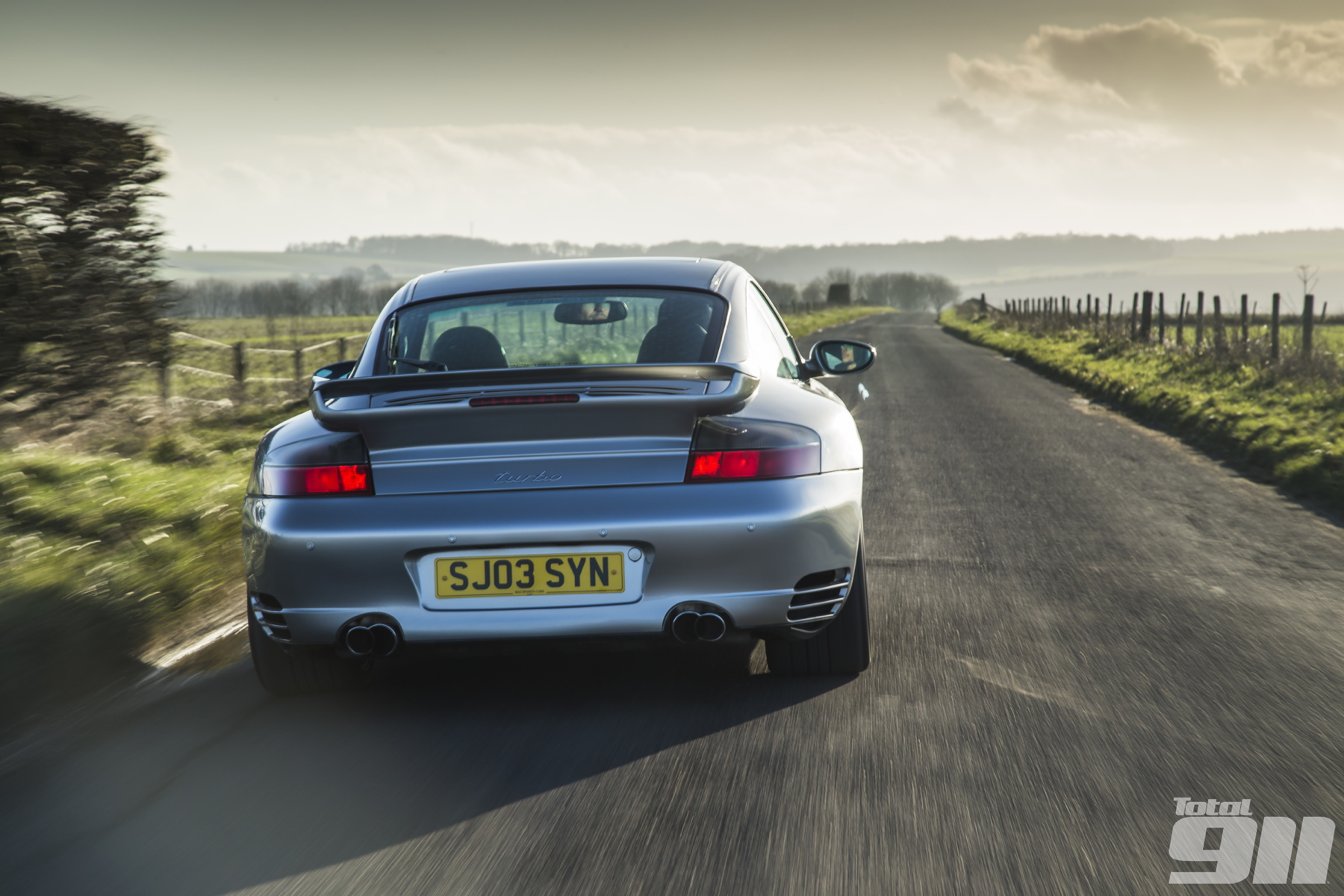Opinion: Why I don’t like the Porsche 911 Turbo
I might as well set fire to my own stake here, such is the popularity of the Porsche 911 Turbo. But, before you rush for your pitchforks, hear me out as it’s not all Turbos I dislike.
No, I dislike the water-cooled generation of 911 Turbos. They’re too clinical. Too precise. Ultimately, they are too good at what they do. It may sound bizarre to criticise a car for excelling but, it causes a huge problem for many car enthusiasts, myself included.
The latest 991 Turbo is a technological marvel. The rear-wheel steering system provides the car with an agility that a machine of such size just should not possess. What’s more, it does it without you, the driver, even noticing its existence.

Since the 993, the 911 Turbo has enjoyed four-wheel drive and, in the 991, the system works seamlessly, providing traction in abundance. With 520bhp (560bhp in Turbo S spec) it’s necessary in applying all that firepower to the road.
Doing 138mph down the Wellington Straight at a sodden Silverstone National circuit left me in no doubt of the 991 Turbo’s inherent speed, and all the electronic aides kept me in a straight line without feeling like they interfered unnecessarily. But it didn’t really excite me.
Moving inside, the ergonomics of the Type-991 platform is excellent. The raised centre console provides easy access to the plethora of electronic controls, and the paddleshift-equipped Sport Design steering wheel is a delight to hold.

But, for all the new 911 Turbo’s prowess, it lacks character. It’s a car designed to flatter average drivers with its flashy gizmos and gadgets. It’s incredibly easy to drive fast, and it’s incredibly easy to drive slow.
The turbo lag is non-existent thanks to the twin-turbochargers and variable turbine geometry, and the electric power steering helps to keep the car feeling manageable despite its 1,595kg base weight.
It’s the same situation with the original forced induction water-cooled 911, the 996 Turbo. As a engineering feat, it was way ahead of the competition but, as bland driving experiences go, the 996 Turbo is right up there in my books.

Compared to the original 930s, the modern Turbos just don’t thrill me. The characteristic flat-six sound is muted horrendously and, thanks to their prodigious grip, you have to be travelling at warp speed to get any sense of action.
By comparison, the Turbos of the Seventies and Eighties are incredibly flawed. The turbo lag can be counted in seconds, and their refinement doesn’t even come close to modern Zuffenhausen machinery.
Yet, the punch in the back as the 930’s torque kicks in is enough to make anyone smile. And, with its fearsome reputation, driving one fast or slow requires concentration and talent.

While the air-cooled ‘six’ is quieter than its naturally aspirated cousins, the 930’s engine still retains an animalistic quality that the water-cooled powerplants lack. The aural drama is vital in providing the car’s character and, to me, its desirability.
This isn’t to say I wouldn’t accept a brand new 991 Turbo as a gift. I’d be stupid not to. But, given £120,000, I wouldn’t choose to spend my money on one. Such a large budget could buy me a host of cars with more character and long-term appeal.
I could get a classic 930 3.3-litre for my turbocharged kicks, and still afford a 997 GT3 Gen2 for larking about it, for example. Surely that’s not so bad?

Comments (5)